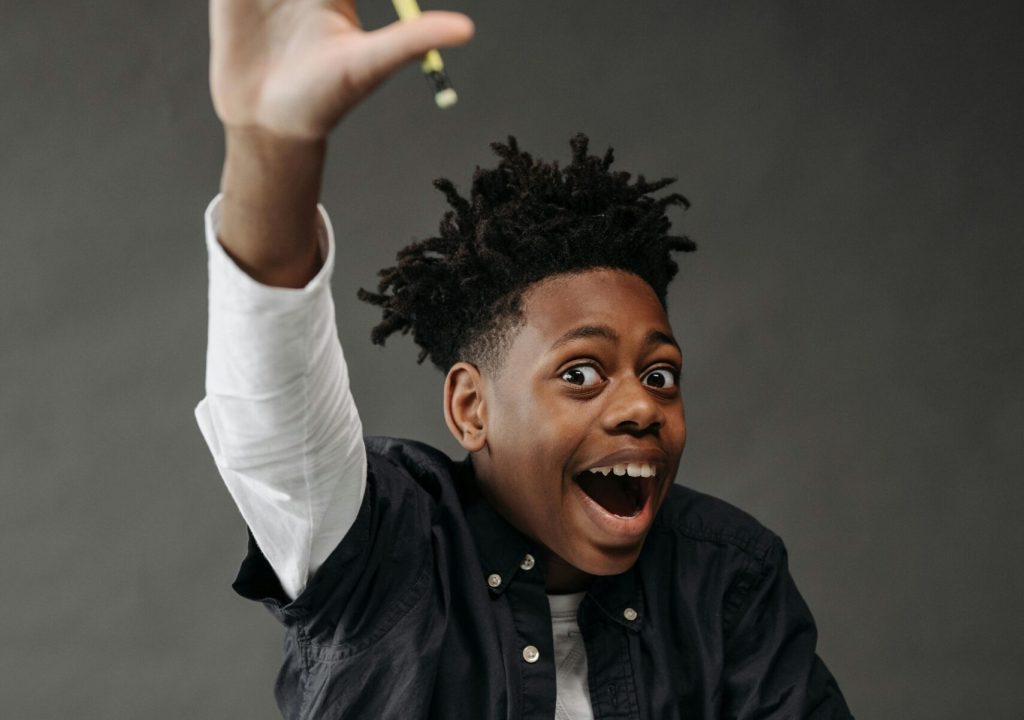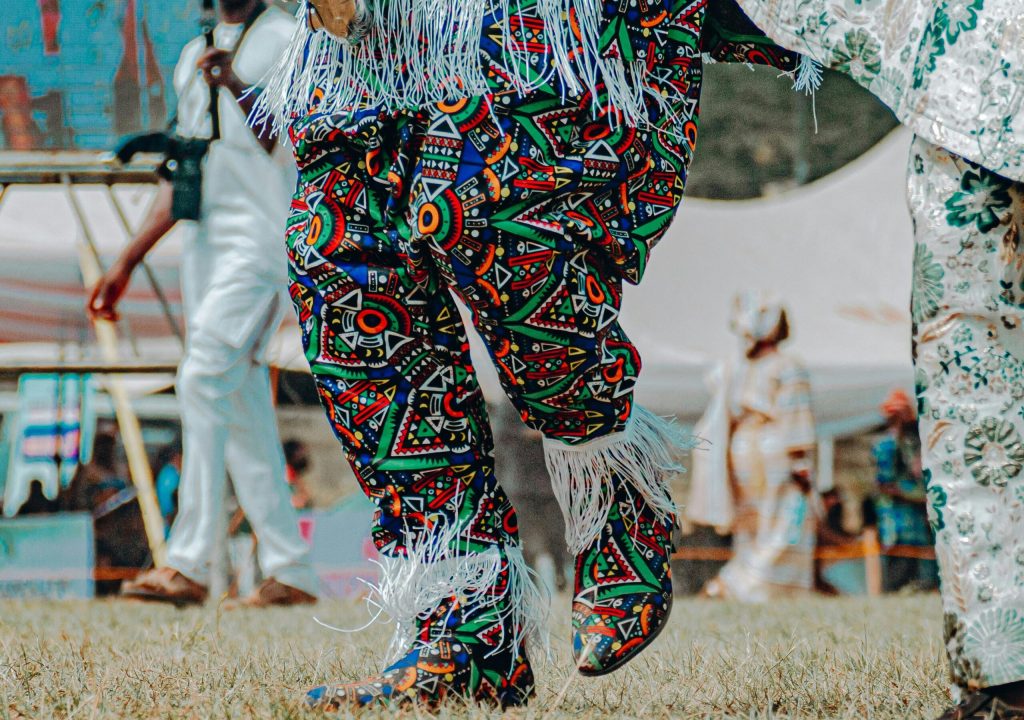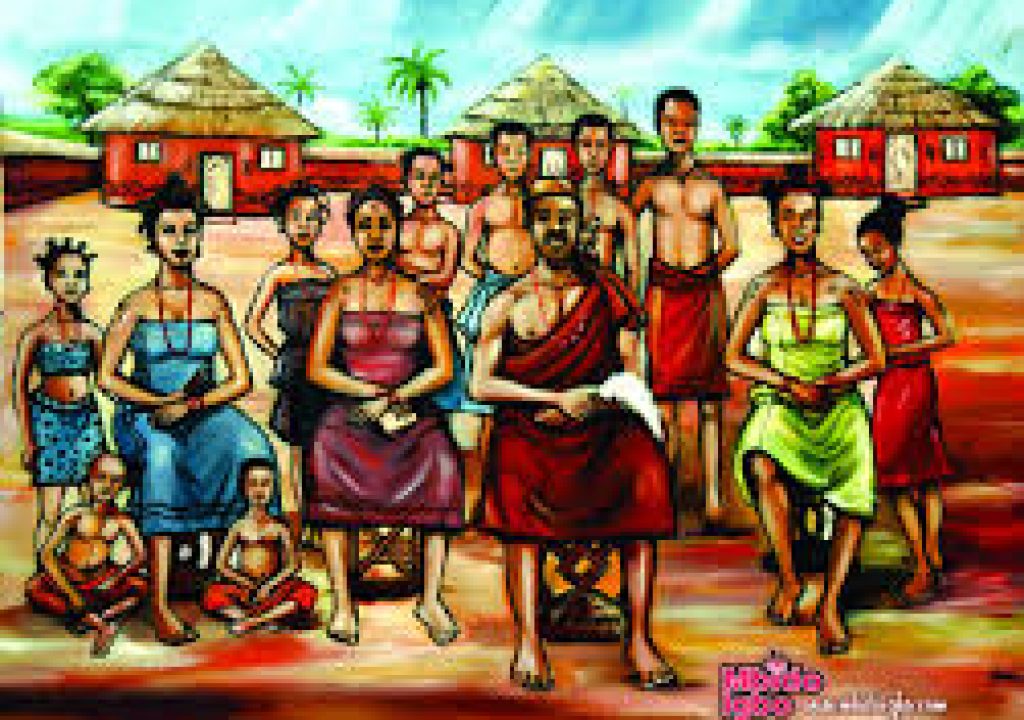Mastering Igbo Greetings: Start Conversations Like a Native
igbospeak
October 1, 2025

Hello, friend! Greetings are like the warm hug of any language—they set the tone and make people feel seen. In Igbo, they’re extra special because they show respect and build instant connections. If you’re new to Igbo or just want to polish your skills, this post is your friendly guide. We’ll break down essentials, add some cultural flavor, and throw in interactive practice to get you chatting confidently. And if you need extra help, our online tutors are just a click away—let’s make learning fun!
Growing up in the US, Igbo felt like a distant memory from family stories. The online tutoring here brought it alive with cultural immersion, pronunciation drills, and real-time practice. The bootcamp-style challenges boosted my confidence overnight, and now I surprise my relatives with fluent chit-chat. If you’re a beginner like I was, this is your gateway to heritage!
Kamsi
Start with the basics: “Kedu?” means “How are you?” and it’s super versatile—use it with friends, family, or even strangers. Respond with “Adi mma” (I’m fine). For a more formal hello, go with “Ndewo” (Hello, sir/madam), perfect for elders or professionals. Saying goodbye? “Kachifo” (Goodbye) or “Daalụ” (Thank you, see you) keeps it polite. But here’s the fun twist: Igbo is tonal, so rising pitch on “akwa” could mean “egg” or “cry”—practice makes perfect!
Now, let’s add some culture. In Igbo land, greetings often include inquiries about family or health, like “Kedu ndị n’ụlọ?” (How’s the family?). It’s all about community! During festivals, you might hear “Ijeoma” (Safe journey) as a blessing. Pro tip: Pair greetings with a smile and slight bow for that authentic vibe.

Time for interaction!
Try this mini-challenge:
Greet me in Igbo.
Write “Kedu?” in the comments and imagine responding to my “Adi mma!”
How did it feel?
If tones trip you up, no worries—record yourself and compare to our audio resources.
Recent Posts
Have Any Question?
Reach out to our friendly support team by whatsapp or email. We’re here to assist with any questions or concerns you may have.
Why Learn Igbo? Unlocking the Rich Heritage of Nigeria’s Vibrant Language
igbospeak
September 1, 2025

Hey there, language lover! Ever wondered what it would feel like to chat effortlessly with millions of people in one of Africa’s most melodic tongues? If you’re nodding along, welcome to the world of Igbo learning. I’m so excited you’re here—whether you’re tracing your roots, prepping for a trip to Nigeria, or just curious about a new adventure. In this post, we’ll chat about why Igbo is worth your time, share some fun facts, and get you pumped to start with our online tutoring. Let’s dive in together!
As a dyslexic learner, I was nervous about tackling tones and grammar, but the supportive community and adaptive lessons made it accessible and encouraging. From zero words to storytelling in proverbs, I’ve gained not just language skills but a deeper cultural pride. Affordable, engaging, and transformative—five stars for reconnecting diaspora kids like me!
Ngozi
First off, picture this: Igbo is spoken by over 30 million folks, mostly in southeastern Nigeria, but its influence stretches across the globe through the Igbo diaspora. It’s not just words—it’s a key to unlocking Nigeria’s vibrant culture. Think ancient proverbs that teach life lessons, rhythmic folktales passed down generations, and a community spirit that’s all about “onye aghala nwanne ya” (don’t leave your brother behind). Learning Igbo can supercharge your brain too—studies show bilingualism boosts memory and problem-solving. Plus, in today’s connected world, it opens doors for careers in international relations, translation, or even tech hubs in Lagos!
But hey, what’s in it for you personally? If you’re of Igbo heritage, it might help you reconnect with family stories your grandparents whisper in the language. For travelers, imagine haggling at a market in Enugu or joining a lively festival without missing a beat. And if you’re a language geek like me, Igbo’s tonal system (where pitch changes meaning—super cool!) will keep things exciting. One of my favorite fun facts? Igbo has no direct translations for some English concepts, forcing you to think creatively—like “obi” which means heart, mind, and chest all in one!



Ready to test your curiosity?
Quick quiz:
What’s one reason you’d learn Igbo?
(A) Cultural connection
(B) Brain boost
(C) All of the above?
Drop your answer in the comments—I’d love to hear!
To kickstart your journey, Sign up for a lesson on our site. Our tutors will tailor sessions to your goals, from basics to cultural deep dives.
You got this—why not start today?
Share your “why” below, and let’s build an Igbo-learning community together!
Have Any Question?
Reach out to our friendly support team by whatsapp or email. We’re here to assist with any questions or concerns you may have.
